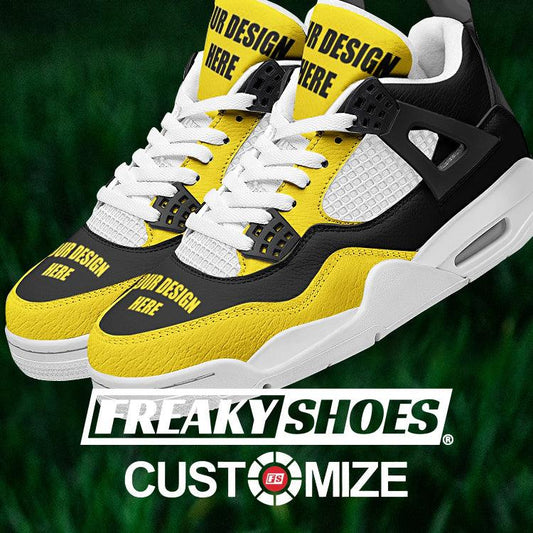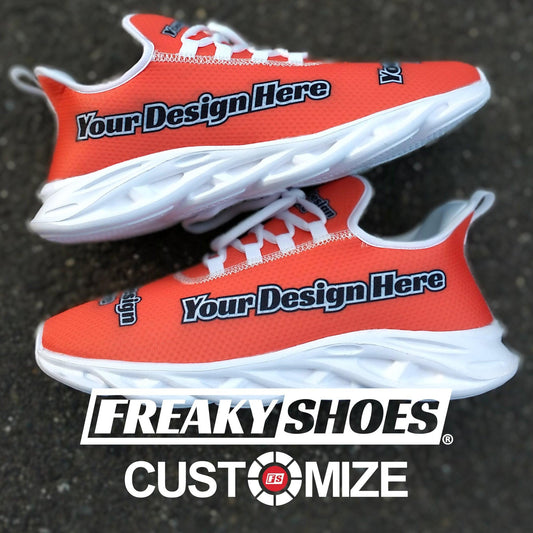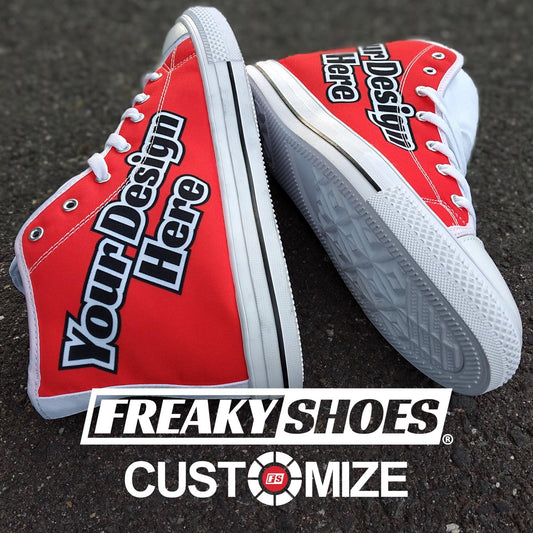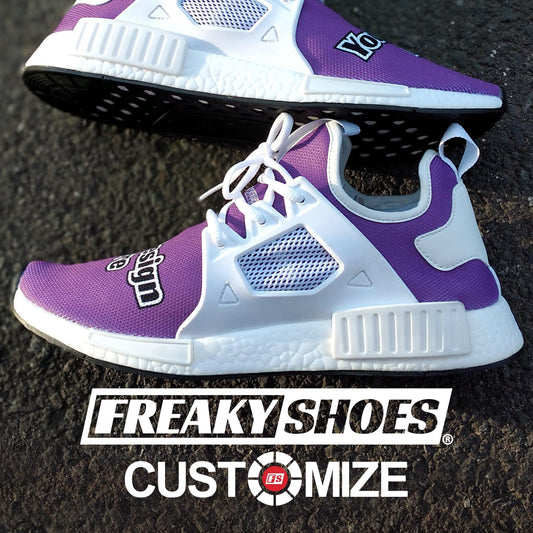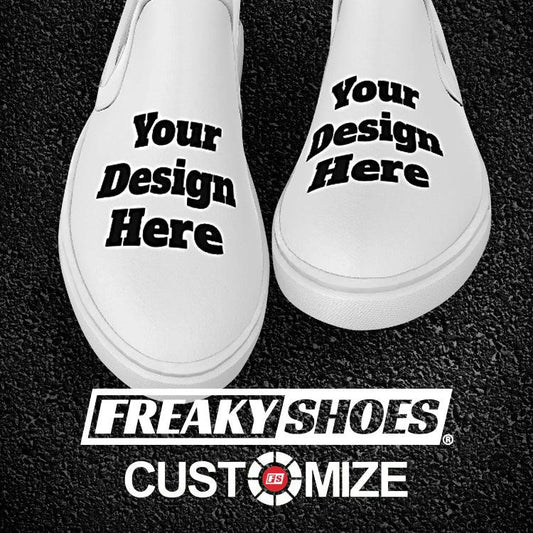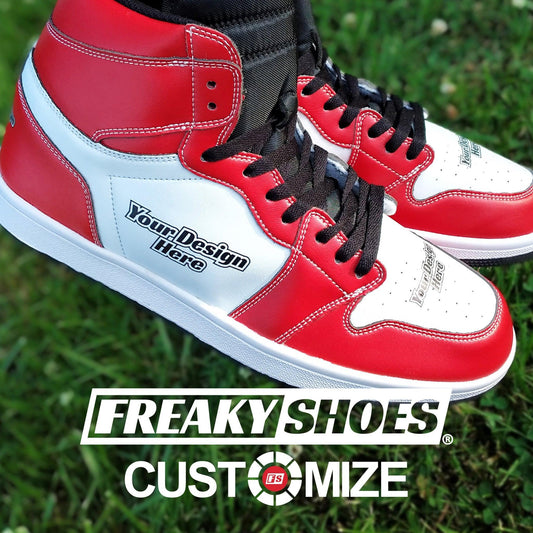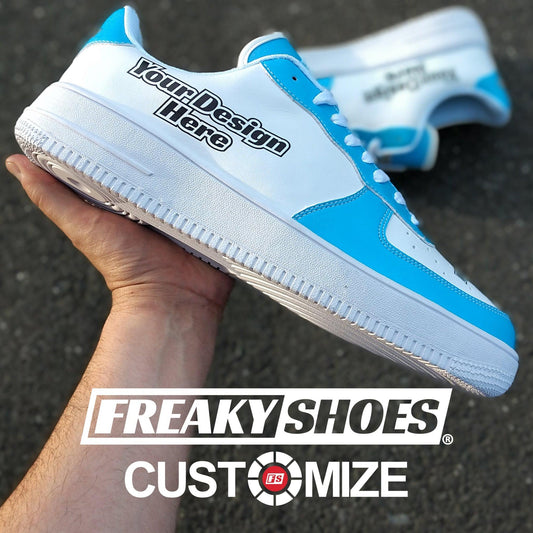Shoes, like all the other accessories, can make or break your outfit. But even with great care, some of our most favorite pairs can wear and tear. At this point, you can either replace them with a new pair (which is not practical for many of us) or use a strong adhesive to repair your damaged shoes.
There are many strong and durable shoe glues available on the market that you can use to fix your shoes. Let’s learn about them in the guide below!
The Best Glue Types for Your Shoes

Before we get to the best glues for fixing shoes, you should know which specific type of glue to use.
Generally, there are various types of shoe glues available on the market, like neoprene cement, polyurethane, cyanoacrylate, and more. But not all of them are good for fixing your shoes.
Altogether, you should look for these types of glues for your shoes:
- Neoprene: Neoprene glues are good for rubber shoes. These glues provide a strong and flexible bond, so they are most suitable for footwear that bends a lot or receives impact frequently.
- Super Glue (Cyanoacrylate): Super glue is a popular glue type known for its strong adhesive. It is suitable for several materials like leather, rubber, and plastic. But it dries really quickly, so you have to be fast.
- Urethane/Polyurethane Shoe Glue: This type of glue has a higher resistance to temperature and water, so it is best for shoes that are exposed to different weather conditions. For instance, if your shoes come into contact with heat, sunlight, and rain a lot, a Urethane glue would be good.
Other than that, you should avoid the following glue types:
- Hot Melt Glue: It is commonly used in glue guns and lacks the flexibility and durability needed for shoes. Plus, its bond grows weak over time, so it's not suitable for fixing shoes.
- Regular Craft Glue: Such as white glue or clear glue; these are not as strong as other glue types specifically designed for shoes. They do not have the strength, flexibility, and water resistance of Neoprene or Urethane shoe glue.
- Wood Glue/All-Purpose Glue: Like white glue, these are made for wood and plastic, not for shoes.
- Water-Based Glues: You should avoid water-based glues because they will break down as soon as they come into contact with water, moisture, or sweat.
10 Best Shoe Glues to Fix Your Shoes

Now that you know which glue type would be good for your shoes, let’s review some of the best shoe glues below.
Boot-Fix Shoe Glue
- Compatible Materials: Faux leather, Vinyl, Leather, Rubber, Plastic, Wood, Fabric, Wood, Ceramic, Stone
- Color: Clear
- Glue Type: Cyanoacrylate-based
This Boot-fix shoe glue is Cyanoacrylate-based, which makes it super strong for fixing shoes. It is compatible with a lot of shoe materials like plastic, rubber, and leather.
Just one thing to remember is that the glue dries faster than other options (ten seconds). While this may be concerning for some, the good thing is that it can fix almost every type of shoe. You just need to be a little quick, and the glue can fix boots, sandals, high-heels, sneakers, and many more footwear.
Pros
- Can repair most footwear types
- Strong adhesive that bonds instantly
- Resistant to heat, cold, and moisture
- Can also be used to fix handbags
Cons
- Dries faster, mainly ten to 45 seconds, which can make it hard to fix shoes for some
Gear Aid Shoe Repair Glue
- Compatible Materials: Leather, suede, rubber, neoprene, canvas
- Color: Clear
- Glue Type: Urethane-based
If your shoes go through a lot of impact, you should fix them with an abrasive-resistant glue. This type of glue can withstand the effects of abrasion or rubbing against rough surfaces without losing its strength. So, it will stay durable even when exposed to friction or harsh conditions.
However, you should consider another option if your shoes bend a lot. This one is super tough, great for heavy-impact jobs like construction, but not so good for shoes that need to move a lot, like in sports.
Pros
- Abrasion-resistant glue
- Strong and waterproof in extreme temperatures
- Good for sports footwear
- Does not peel or crack with time
Cons
- Abrasive-resistant glues are extra tough, so not recommended for shoes that bend a lot, like sports footwear.
Shoe Goo Shoe Repair Adhesive Glue
- Compatible Materials: Leather, rubber, vinyl, canvas, nylon, fabric
- Color: Clear
- Glue Type: neoprene-based
Shoe Goo is a popular glue brand specially designed for repairing shoes. It is not a traditional liquid glue but rather a thick, viscous substance that is good for fixing shoes by patching holes and small gaps.
Because it is not like other glues, some people find it hard to handle because of its thick consistency. You have to be careful not to create a mess, and you’ll get a flexible and elastic bond that’ll remain strong even during friction and contact with water.
Pros
- Abrasion-resistant, suitable for shoes that experience friction
- Remains flexible after drying
- Water resistant bond
- Works well with almost all types of shoes
Cons
- Can be messy to use because of its thick consistency
Glue Masters Thin Viscosity
- Compatible Materials: Fiberglass, Glass, Ceramic, Wood, Plastic, Glass, Metal, Rubber, Porcelain, Plastic, Metal
- Color: Clear
- Glue Type: Cyanoacrylate
If Shoe Goo glue is too thick and messy to use, try this Glue Masters adhesive. It has a fairly thin consistency compared to other glues but gives the same strong bond to repair shoes.
It creates a superior bond and almost dries instantly (within 15 seconds). This is not a problem because the bottle comes with a nozzle which makes it super-easy to apply the glue anywhere. Besides shoes, you can also use it for many other things, like wood, glass, plastic, ceramic, etc.
Pros
- Has a thin consistency, so easier to apply
- Does not create a mess
- Creates a superior bonding to fix shoes
- Works on many materials besides shoes, like fiberglass, glass, ceramic, wood, plastic, etc.
Cons
- The glue tends to dry around the nozzle, making it hard to use next time
Loctite Extra Time Control Super Glue Gel
- Compatible Materials: Leather, cork, paper, cardboard, wood, chipboard, fabric, metal, ceramic, rubber and hard plastics
- Color: Clear
- Glue Type: Ethyl cyanoacrylate
Loctite’s super glue is made of Ethyl cyanoacrylate, which is an improved formulation of cyanoacrylate glue. This superior grade is more flexible and shock-resistant than the standard cyanoacrylate, perfect for shoes that go through a lot of movement.
Another feature that gives this glue an edge over other options is its low odor. The formula is also instantly drying (15-20 seconds) and remains unaffected by shock, vibration, extreme temperatures, and impact.
Pros
- Stronger than standard cyanoacrylate glues
- Ideal for repairing sports footwear or daily joggers
- Has a low-odor
- Can be used to fix jewelry and other materials
Cons
- The glue dries in the bottle if not used for a long time
E6000 Plus Glue
- Compatible Materials: Leather, cork, paper, cardboard, wood, chipboard, fabric, metal, ceramic, rubber and hard plastics
- Color: Clear
- Glue Type: —
If you are looking for a glue that dries slowly, the E6000 is a good option. It takes up to five minutes to dry and needs additional hours to bond completely. This is beneficial in cases where you need to align your shoes a lot and other glues dry before you can do that.
Moreover, this glue is also popular for its low odor and strong bonding. Its smell is almost non-existent and it works well on several shoe materials like leather, rubber, and canvas.
Pros
- Doesn’t dry quickly, giving you time to align shoes
- Super-strong once dries completely
- Low-odor
- Can resist harsh temperatures
Cons
- Not suitable for tasks that need quick gluing
Angelus Clear Shoe Cement
- Compatible Materials: Leather, rubber, plastic, vinyl, fabrics
- Color: Somewhat clear
- Glue Type: —
For heavy-duty shoes where light-consistency glues do not provide enough bond, Angelus shoe cement offers a robust solution. It works as an all-purpose glue to repair soles of various shoe materials like leather, rubber, vinyl, and fabric.
Because it has a tough consistency, it requires applying glue on the surface and leaving it for 15 minutes. After that, you need to keep the areas pressed for about 12 hours to get the best results.
Pros
- Heavy-duty tough glue
- Fixes damaged soles permanently
- Gives an alignment time of 3-5 min
- Easier to apply with a built-in brush applicator
Cons
- Doesn’t dry clear like other glues
- Flammable, so caution is required
Kabber Bond Glue
- Compatible Materials: Leather, rubber, cord or plastic
- Color: Clear
- Glue Type: Polyurethane
This tried-and-tested Kabber Bond glue is a tough adhesive that comes in a bottle instead of tin-like storage. This makes it easier to apply on damaged shoes.
Moreover, this glue has an advanced polyurethane formula. While Urethane glues are known for their higher resistance to temperature and water, the polyurethane glue takes this resistance to another level. It has exceptional durability and resistance to temperature and water, ensuring a reliable and lasting bond for heavy-duty shoes.
Pros
- Flexible and waterproof formula
- Easier to apply in a tube
- Best for heavy-duty boots
- Extra resistant to moisture, heat, or cold
Cons
- Comes in small quantities compared to other glues at this price
Bloch Unisex Pointe Shoe Glue
- Compatible Materials: Leather, rubber, cord or plastic
- Color: Clear
- Glue Type: Polyurethane
Ballet dancers or people who love wearing pointy shoes, this glue is for you.
Bloch unisex pointe shoe glue is specifically designed for pointy shoes. With a quick-drying formula (almost 15-20 seconds), it is perfect for fixing the damaged toe box or the shank of the shoe. Just apply a thin layer inside the required area and leave for a few seconds. The glue dries instantly and offers premium-quality bonding and durability.
Pros
- Ideal for pointy shoes
- Fixes damaged toebox and the shank of the shoe
- Quick-drying formula
- Durable and long-lasting
Cons
- Not suitable for fixing areas other than the toebox or the shank
Gorilla Original Gorilla Glue
- Compatible Materials: Wood, Glass, Ceramic, Plastic, Metal, Stone
- Color: Clear
- Glue Type: Polyurethane
Gorilla Glue is a strong adhesive that works on many materials wood and metal. It also sticks really well to any kind of shoe material and can fill gaps better than other glues since it expands three times more.
Moreover, as the name suggests, it is tough and highly resistant to temperature and water. This makes it best for shoes that come into contact with harsh weather a lot, like heavy rainfall, snow, or extreme heat.
Pros
- Super-tough on the shoes
- Resistant to water and temperature
- Expands three times more than regular glue, but doesn’t break
- Works well on a lot of materials
Cons
- Not fast drying requires at least 10-12 hours to dry
What to Look for in a Shoe Glue?
All the glues reviewed in this guide are excellent options for repairing shoes, but there are some factors that you should consider to find the best glue for your shoes.
- Drying time: Glues that dry quickly are not good because there won't be enough time to properly align your shoes. If the glue dries before you properly position your shoes, you'll have to go through the hassle of removing the dried glue and applying it again. Plus, quickly drying glues don't have sufficient time to penetrate and bond well with the materials, which can break your shoes again.
- Flexibility: Shoes go through A LOT of movement, so look for a glue that will remain flexible even after drying. If the glue becomes too stiff and doesn't remain flexible, it can make the repaired area to crack or break again when the shoe will bend.
- Color or Transparent: Some glues come in color while others are transparent. You should get a clear glue because the colored adhesive will be visible after drying out and can make your shoes look unattractive.
- Water Resistance: Unless you are always careful, look for a glue with high water resistance. Your shoes will likely get wet due to various factors like sweat, moisture, and water, which can affect the adhesives with poor water resistance.
Final Words
Glues are good to repair your broken shoes, but there’s always a catch. Invest in the right types of glues, mainly neoprene, cyanoacrylate, and urethane/polyurethane. Then, pick the ones with higher resistance to elements like water, heat, moisture, etc. Factors like transparency and drying time are up to you, though clear and moderate drying glues are good for fixing your shoes.











